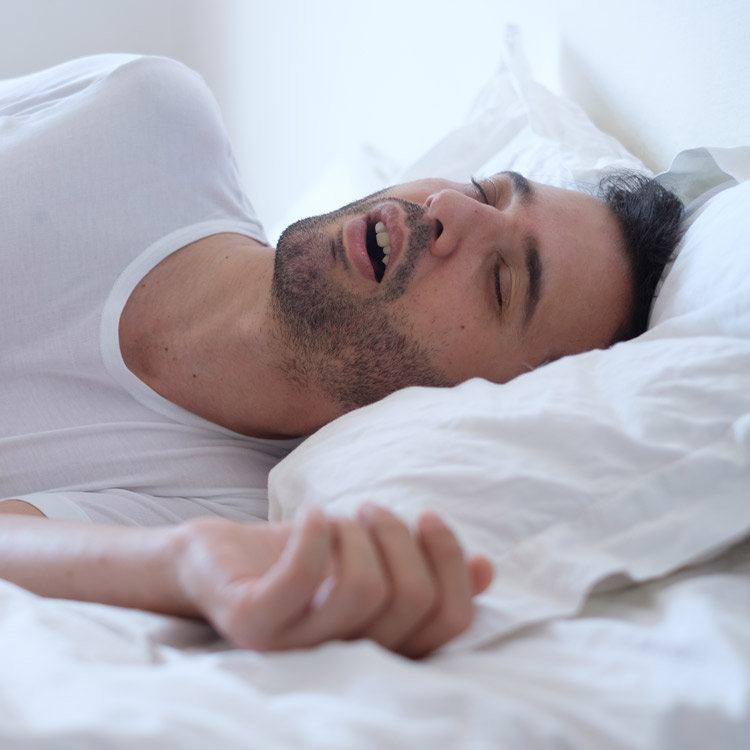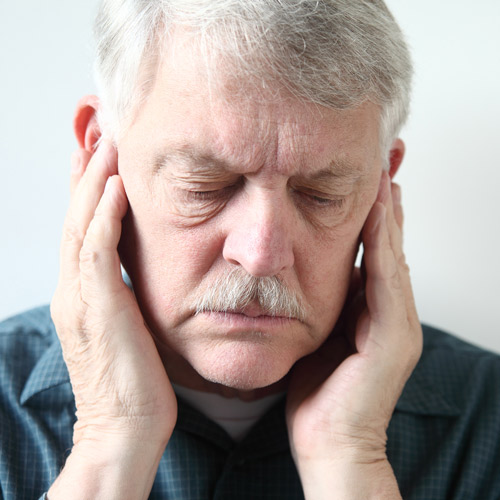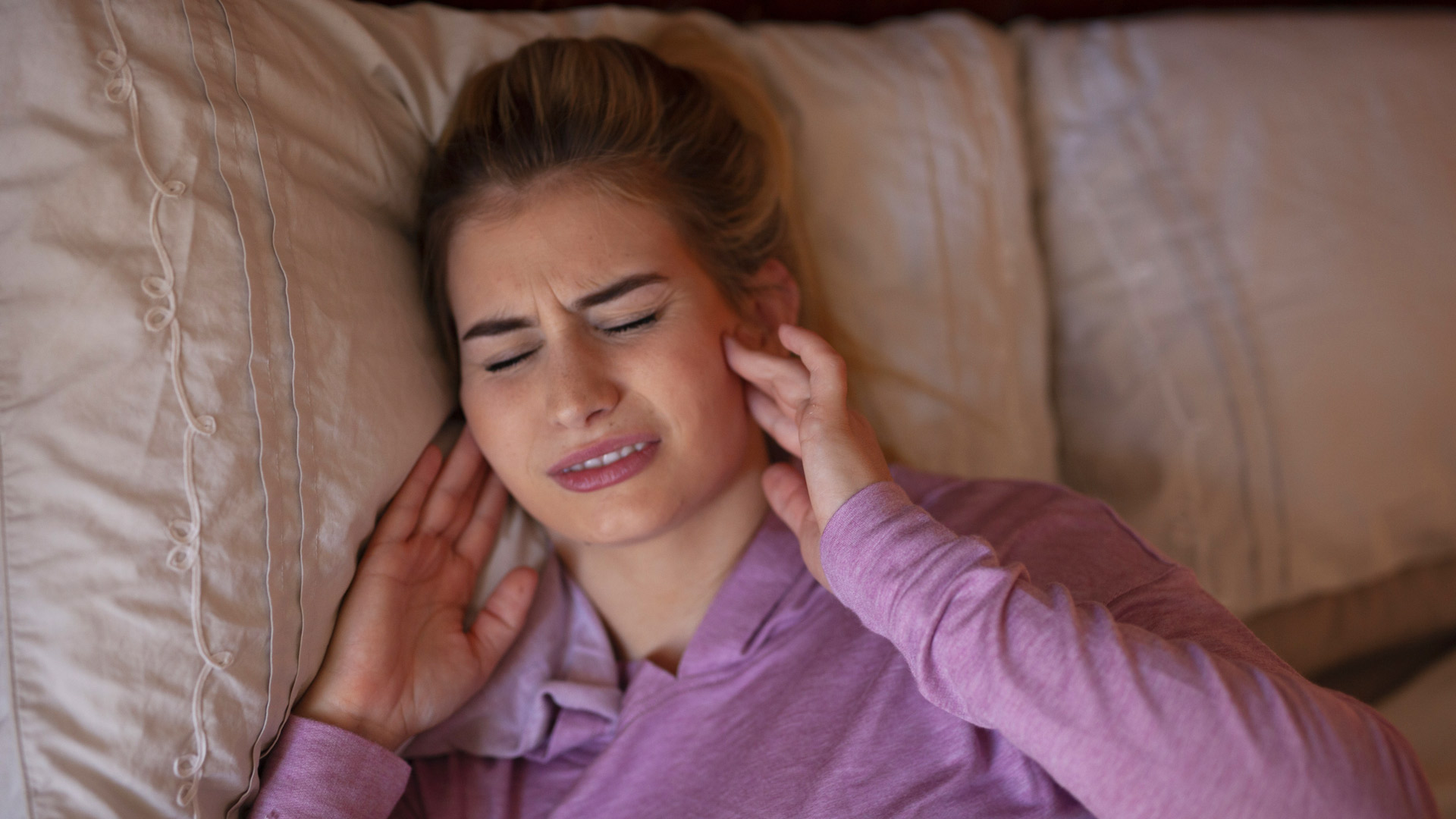FAQs
TMJ & SLEEP THERAPY CENTRE OF Gorge
Here are some commonly asked questions people have for our doctors:

Chronic headaches are often a symptom of undiagnosed condition related to the temporomandibular joint and sleep-related breathing disorders. We will be able to determine if this is the case, and if so, offer treatment.
We treat all types of craniofacial pain, but patients tend to be most familiar with those of the temporomandibular joint—TMJ. As for the sleep therapy aspect, sleep-related breathing disorders are often a cause of TMJ and other craniofacial pain, making our focus on both a natural choice.
The symptoms can vary between patients, but common signs are:
- Headaches – recurring or chronic
- Earache or ear symptoms of stuffiness or ringing
- Facial Pain or Jaw Pain
- Neck pain or stiffness
- Jaw joint sounds – clicking, popping or grating noises
- Limited ability to open or close mouth
- Jaw locking (open or closed)
- Sensitive, loose or worn down teeth
- Difficulty swallowing
- Difficulty sleeping
Should you have any of these symptoms or regularly rely on pain or sleep medications to function, you need to be evaluated for TMD.
Unlike splints, the orthotics we use are designed just for you. When designing them, we use only the peer reviewed bite technique to provide the best position and fit for healing the jaw joint. These are used for about 12 weeks to recompress the joint.
Treating TMJ means giving the jaw joint stability, support, and protection at all times. Two different appliances are needed because out jaws function differently during the day than at night. Daytime appliance are for when you are speaking, chewing, and swallowing while nighttime appliances are designed for unconscious movement of the jaw.
Chewing and swallowing food is a significant function of the TM joint. As such, it needs support during these activities. If you wore an ankle brace, you would not remove it to walk, and the same logic applies to wearing your appliance while eating.
For some people, snoring is just that—snoring. For others, it is a sign of sleep apnea. We want to make absolutely certain it is not obstructive sleep apnea before treating snoring, as this can be a life-threatening condition.
Night guards are designed to protect the teeth, not correct whatever is causing the user to grind their teeth or clench them. In many cases, this is caused by a breathing problem that presents during sleep. A sleep appliance helps to keep the airway open and ensure a better night of sleep.
Snoring often indicates a sleep-related breathing disorder, such as sleep apnea. This condition occurs in patients of all ages, even babies. Approximately 70 percent of children who snore also have sleep apnea. If you are seeing any signs of a problem, you child should be screened.
No. The vast majority of our clients are treated with appliance therapy alone. We always seek out the most conservative options first.
Night terrors and mood swings in children can be caused by a sleep-related breathing disorder caused by improper or insufficient skeletal development, leading to a restricted airway. This can result in a form of suffocation while sleeping that has far-reaching impacts, including night terrors and mood swings.
They are dental physicians (DDS or DMD) who are trained to evaluate and treat these conditions. Our doctors are certified in both craniofacial pain and dental sleep medicine.
We are a private pay office. If your dental plan has benefits for evaluating or treating TMJ conditions, we can bill them for reimbursement. However, dental plans tend to only cover dental treatments and TMJ and sleep conditions are considered medical in nature.





